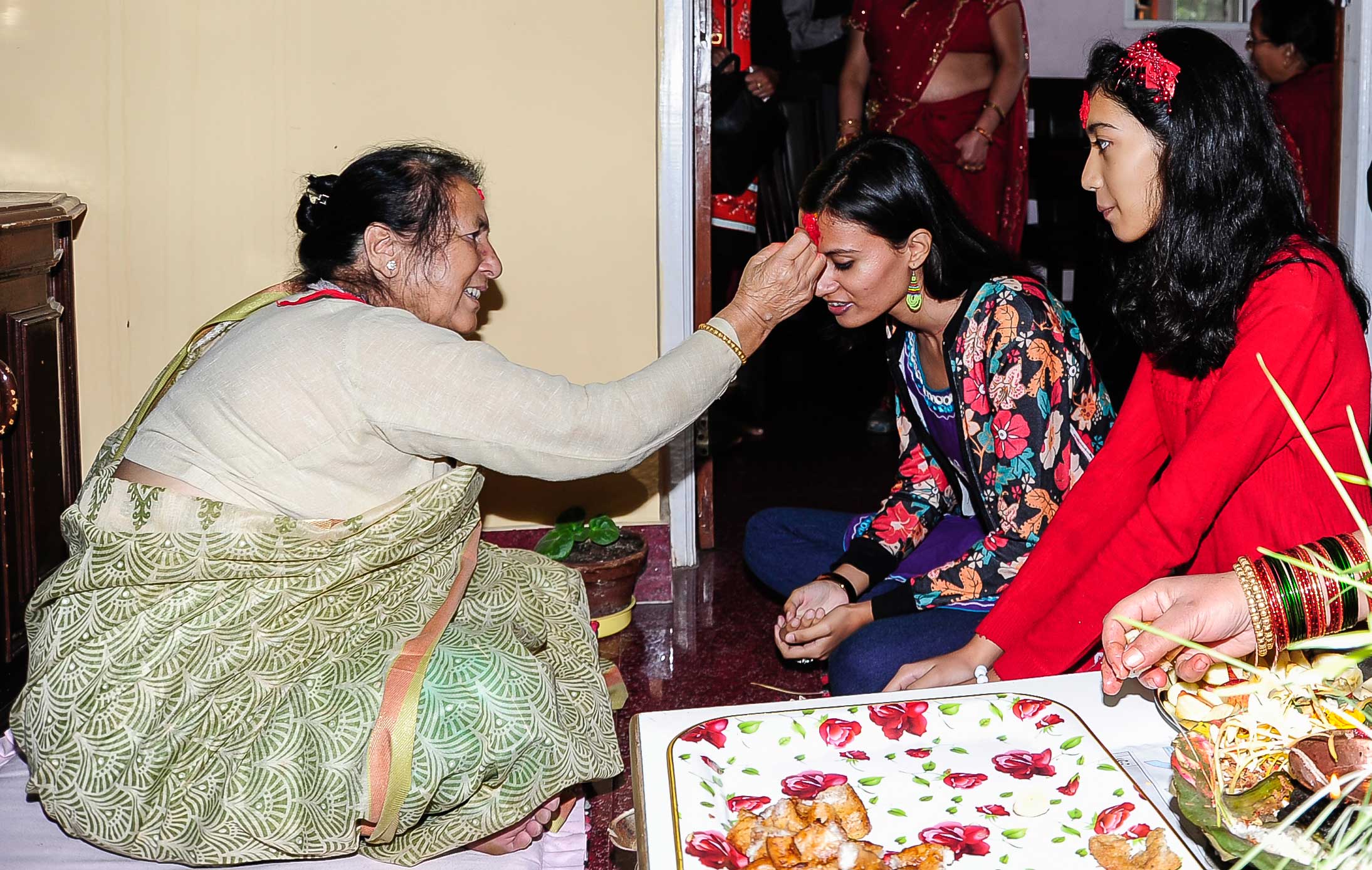With five plays, one novel and two non-fiction books already to his credit, Gurcharan Das initially made a name for himself in the international scenario way back in 1990 with the novel, ‘A Fine Family’, which was critically well-received. It’s been 20 years now, and he has come up with one of his finest works to date.
A Harvard student, Das proves his literary and philosophical worth with this stunning meditation on the modern man’s worth by interlacing and intertwining parts of the Hindu epic Mahabharata with the modern mind’s ramblings and morality. Scholarly, vastly influential and insightful, Das studies the epic in intricate detail to bring forth a magnanimous book. Also, he adds interesting real life incidents – mostly political – to correlate the theories. For example, by comparing the battle of the Ambani brothers (the Ambani Group is one of the richest companies in India) with the battle of the two major clans in the Mahabharata – the Pandavas and the Kauravas (who are half-brothers) – Das brings out the fundamental issues that lie behind a person’s envy.
In the chapter, ‘Yudhisthira’s Duty’, “Yudhisthira (the eldest Pandava) expresses his instinctive sense of duty: ‘I act because I must’. He does not follow dharma because of any hope of reward that might come. He acts from a sense of what he has to do. ‘Dharma’ or ‘what he has to do’ is a standard of conduct, and society needs standards.”
The most interesting chapter in the book is ‘Karna’s Status Anxiety’. Karna is the illegitimate child of the Sun-God and Kunti (mother of the Pandavas). Karna’s story is sad and reflects the status factors and caste systems that still exist in a lot of Hindu societies. After winning a competition in which the grand-prize is marriage to Draupadi (all of the Pandavas’ wife), Karna is refuted by the maiden because of his low caste (very few knew of his origins). Yet, “Karna struck a great blow against the Indian caste system when he refused to switch sides. Krishna, the master strategist of the Pandavas, realized that victory was going to be difficult with Karna on the opposite side. After the failure of his final peace mission at the Kaurava court, he takes Karna aside and makes a desperate bid to win him over. He reveals to him the secret of his royal birth. As Kunti’s son, Krishna tells him, Karna is the eldest Pandava… But Karna, to his great credit, refuses to switch sides. (Some Indians do not give him credit for his nobility of character, but see in his act Karna’s stubborn refusal to acknowledge Krishna’s divinity)… Karna’s search for his identity reminds one of the terrible mistake that society makes in forcing individuals to privilege one identity over all the others.” This chapter sums up the very important dilemma of one’s identity.
Interesting and knowledgeable facts such as these, and the addition of philosophies and witty anecdotes from so many renowned philosophers, makes this a great book, a one of its kind.
“The Difficulty Of Being Good: On The Subtle Art Of Dharma” Is Available At Mandala Book Point, Jamal.










